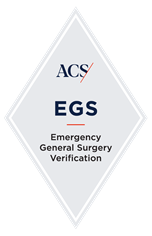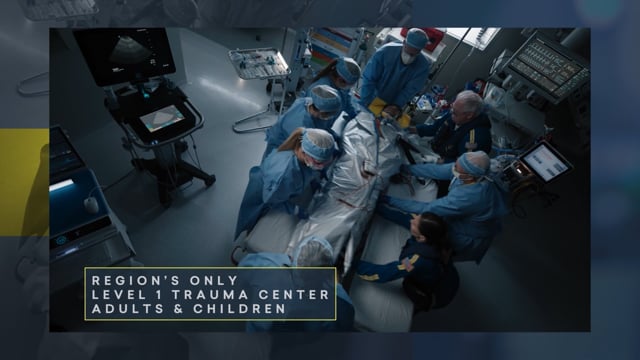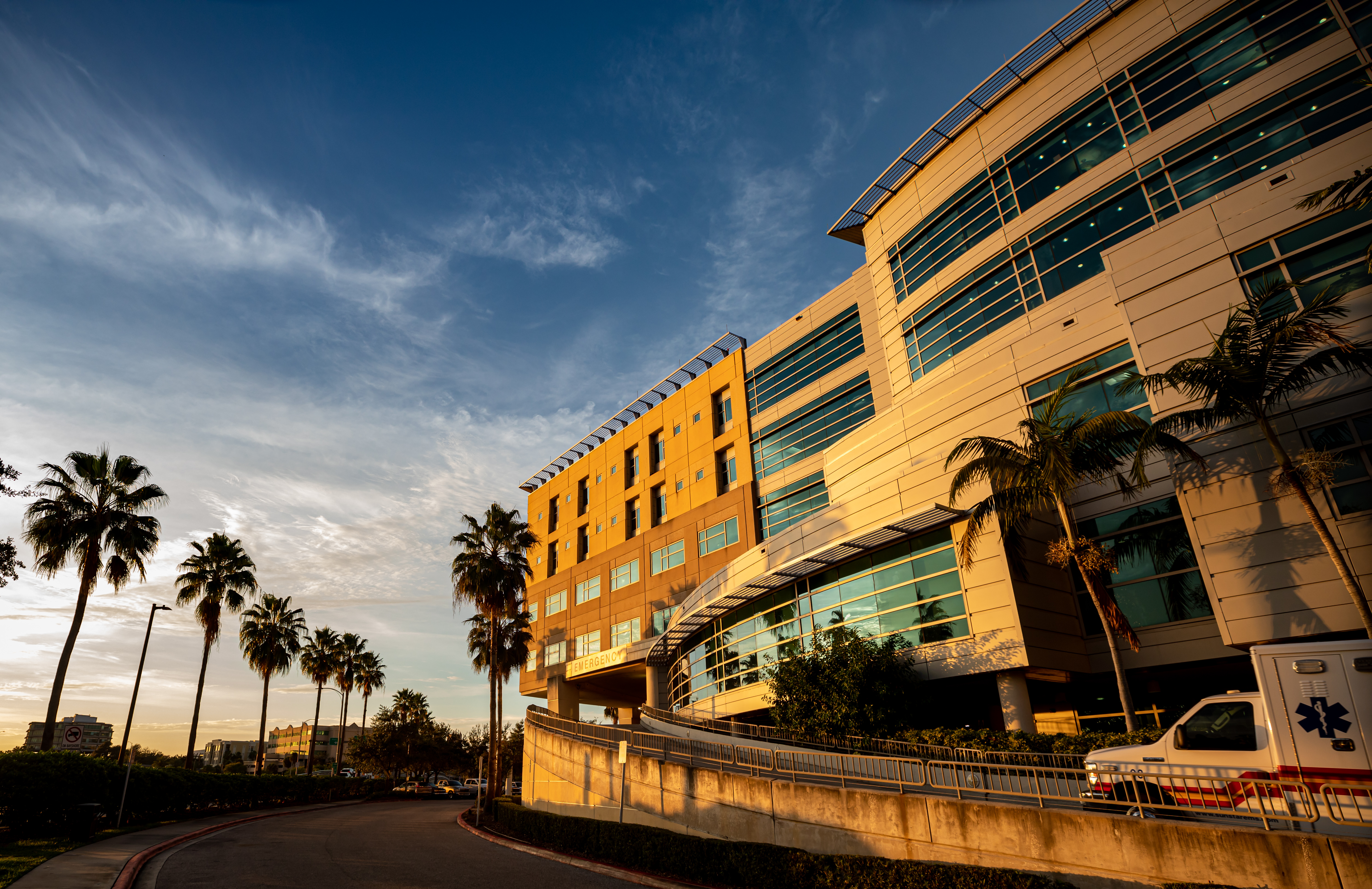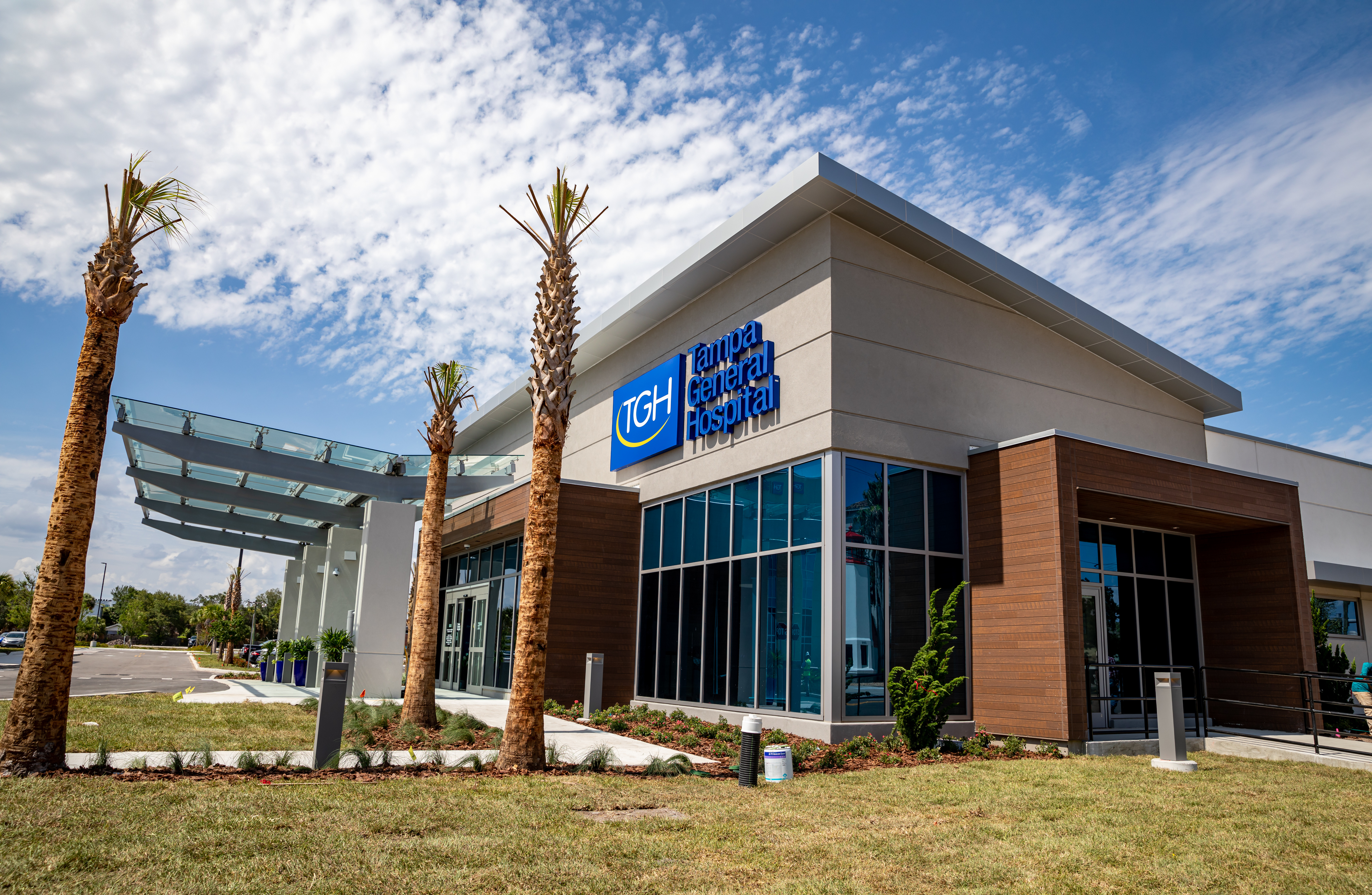Trauma Services
Adult, pediatric, and specialty trauma services are available at the Wallace Trauma Center. As Tampa Bay's only Level I Trauma Center, TGH is equipped to care for the most critically ill and injured patients with dedicated resources available 24 hours a day, seven days a week. Learn more about what it means to be a Level I Trauma Center.
Emergency Services
Tampa General Hospital provides a comprehensive range of emergency services that cater to the immediate and critical needs of adult and pediatric patients. Our emergency services include specialty centers for stroke and chest pain equipped to treat patients requiring urgent medical attention.
Adult Emergency Services
From acute injuries and severe illnesses to cardiac events and respiratory distress, our adult emergency services aim to provide timely and comprehensive care to patients. When visiting our emergency department, adult emergency patients are evaluated by a triage nurse in private rooms adjacent to the adult waiting area. A separate waiting area for patients who are too ill to wait with others offers these individuals a bed until a treatment room is available.
A leader in stroke treatment, TGH is the only nationally accredited comprehensive stroke center in Hillsborough County and the first stroke center on Florida’s west coast to receive Comprehensive Stroke Center Certification, the highest national designation, from the Healthcare Facilities Accreditation Program. Additionally, our chest pain center has received accreditation from the Society of Cardiovascular Patient Care for achieving a higher level of expertise in dealing with patients who arrive with symptoms of heart attack.
Pediatric Emergency Services
 Our Pediatric Emergency and Trauma Center is staffed with physicians and nurses equipped to handle a wide range of pediatric emergencies with utmost expertise and sensitivity. From treating childhood injuries and acute illnesses to addressing pediatric-specific conditions such as respiratory distress, allergic reactions, or febrile seizures, our pediatric emergency services prioritize the well-being and safety of children.
Our Pediatric Emergency and Trauma Center is staffed with physicians and nurses equipped to handle a wide range of pediatric emergencies with utmost expertise and sensitivity. From treating childhood injuries and acute illnesses to addressing pediatric-specific conditions such as respiratory distress, allergic reactions, or febrile seizures, our pediatric emergency services prioritize the well-being and safety of children.
We understand the importance of creating a child-friendly, comforting environment to ease anxiety and foster trust during distressing situations. Pediatric emergency patients have a dedicated waiting area that gives children a stress-free area to play before being treated in one of 10 available private treatment rooms equipped with restroom facilities and televisions.
Emergency General Surgery
 Tampa General Hospital is Florida’s first—and one of just 11 in the nation—verified by the American College of Surgeons for Emergency General Surgery. Our elite team is ready 24/7 to handle life-threatening surgical emergencies with speed and precision.
Tampa General Hospital is Florida’s first—and one of just 11 in the nation—verified by the American College of Surgeons for Emergency General Surgery. Our elite team is ready 24/7 to handle life-threatening surgical emergencies with speed and precision.












 Our
Our  Tampa General Hospital is Florida’s first—and one of just 11 in the nation—verified by the American College of Surgeons for
Tampa General Hospital is Florida’s first—and one of just 11 in the nation—verified by the American College of Surgeons for